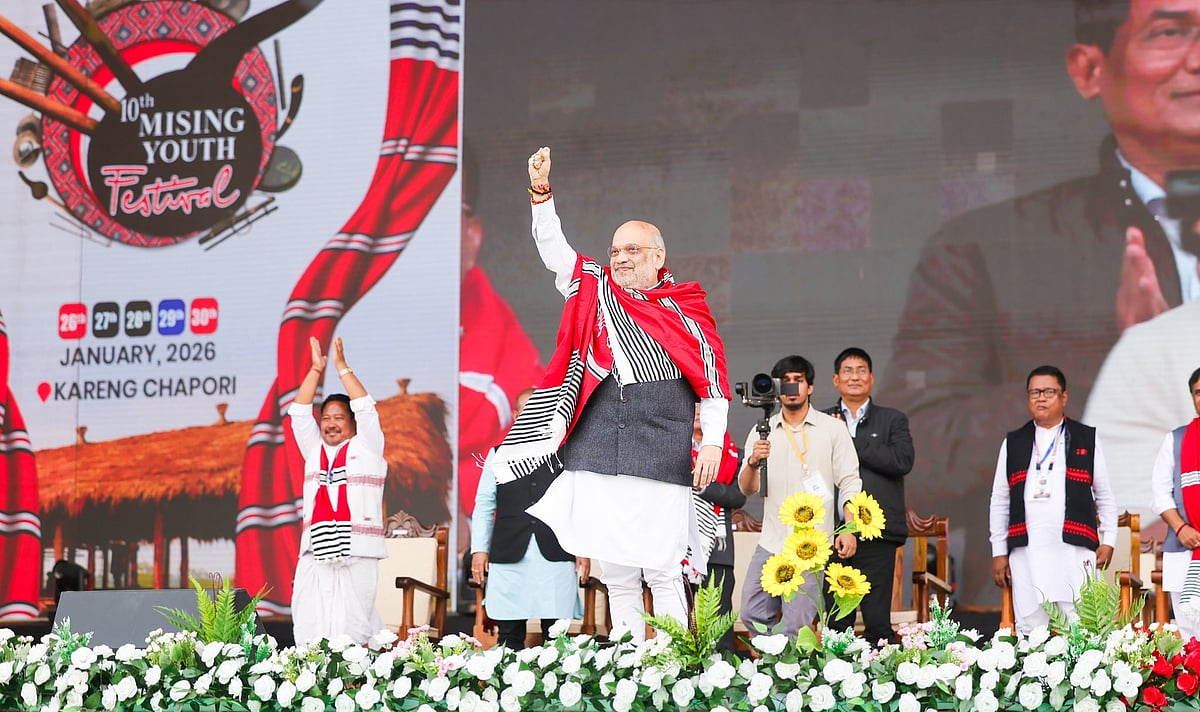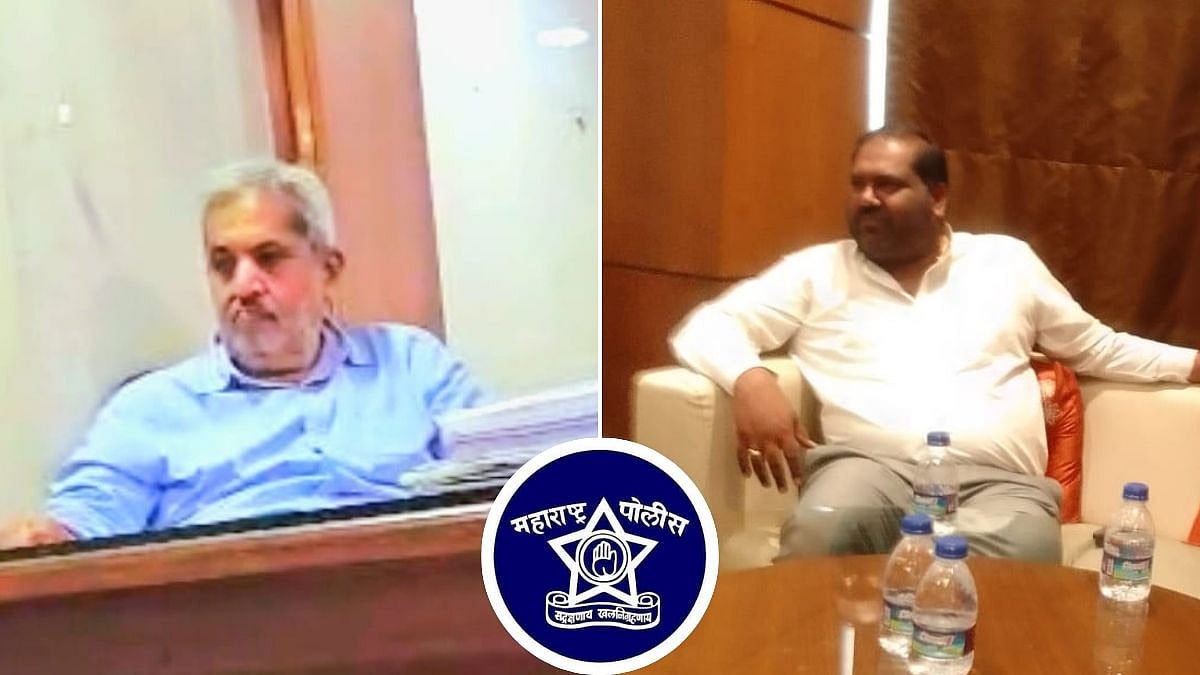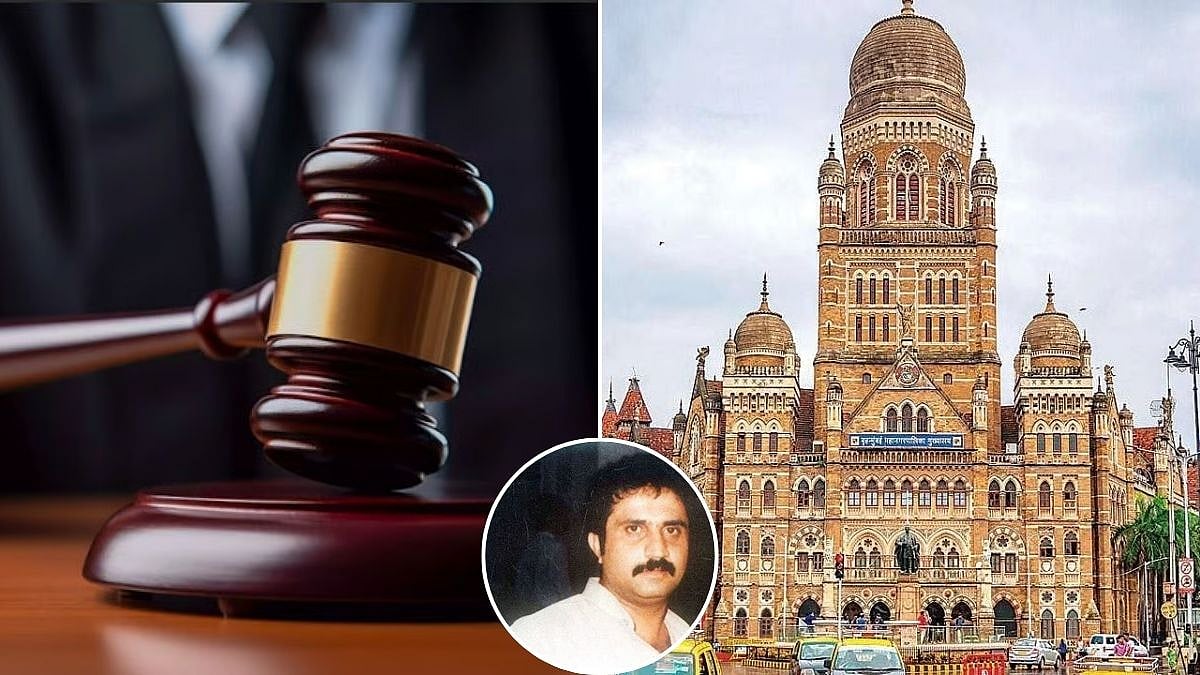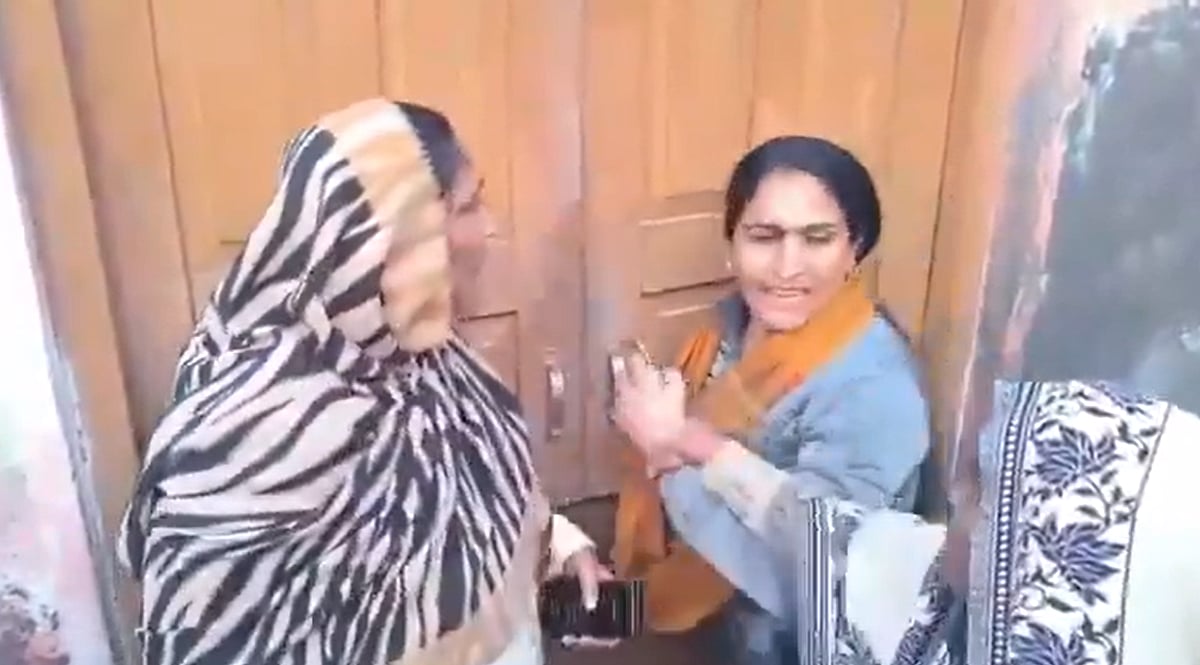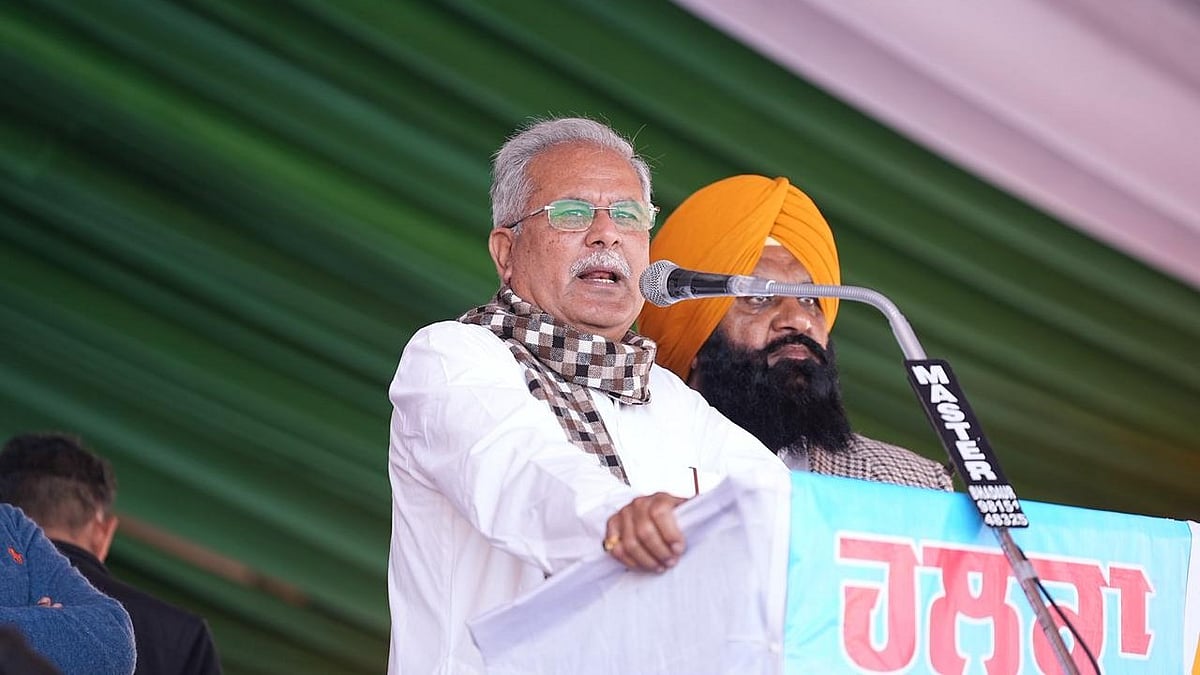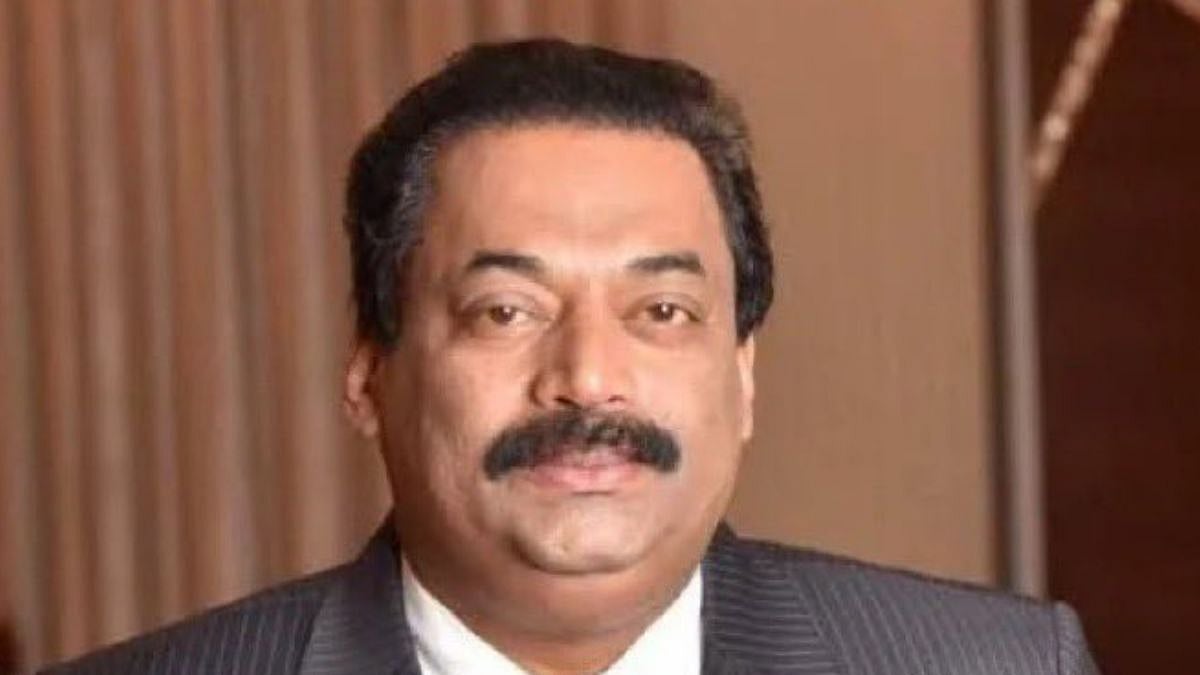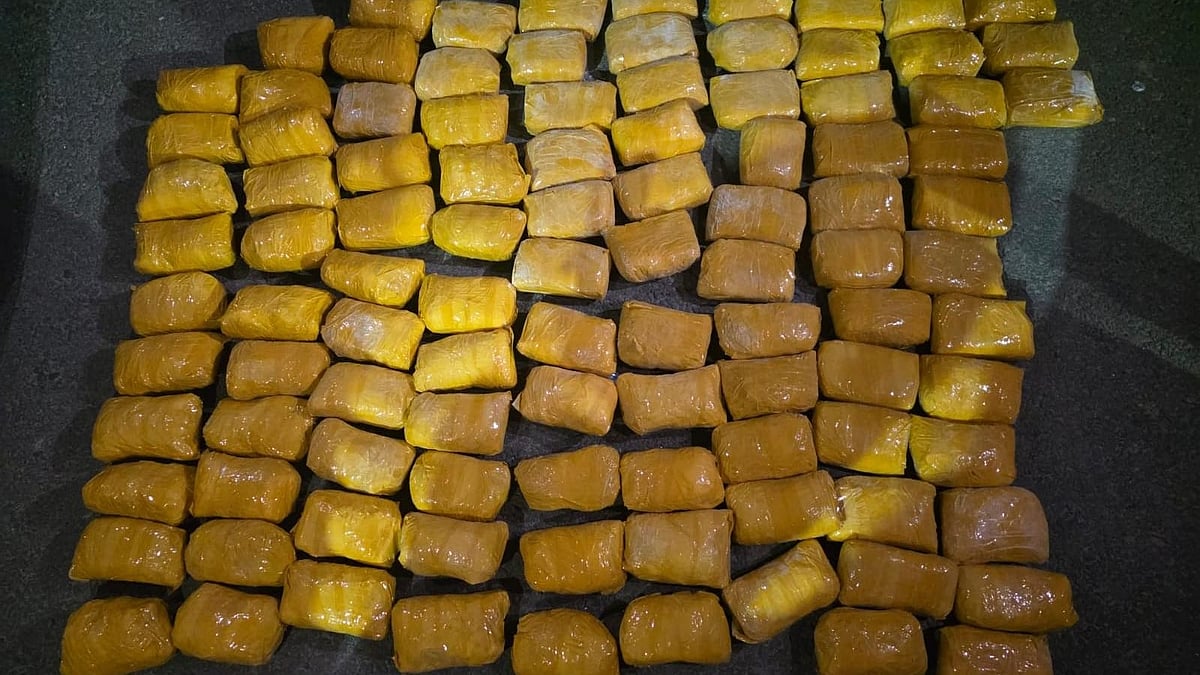In a sensational claim, the lawyers of Mukesh Singh (32), who is facing death sentence in the Nirbhaya case, told the Supreme Court on Tuesday that he had a "living death" experience in Tihar Jail, where he was even "sexually abused." Also, his co-accused in the Nirbhaya case was murdered and did not commit suicide in the jail.
Four days ahead of the scheduled execution of death penalty, by hanging at the crack of dawn on February 1, the Supreme Court reserved its ruling on Mukesh Singh’s plea against rejection of his mercy plea by the President. The verdict will be now pronounced on Wednesday.
Senior advocate Anjana Prakash told the court that Mukesh was tortured and put in solitary confinement in Tihar Jail, even before rejection of his mercy plea and this was unconstitutional. Her colleague Rebecca John, a senior advocate, took the court through certain records to establish that Mukesh was kept in solitary confinement.
Prakash concluded the arguments, making it clear that this was not a case where there was any attempt to delay the execution, as is being perceived.
Justice Mrs R Banumathi, heading the 3-judge Bench, asked the reason for raising the point of solitary confinement. Prakash said it is a ground for commutation from death to life term and submitted that the report on the same was not placed before the President.

The judge agreed that the petitioner should not have been put in solitary confinement when the lawyer cited the precedent laid down in the Sunil Batra's bank robbery case.
The lawyer also alleged that all documents were not supplied to the President to enable him to take a decision on Mukesh’s mercy petition and, at least, the trial court verdict was not placed before him.
The court questioned the lawyer how she can allege "non-application of mind" by the President in rejecting the mercy petition and how can she argue that all the facts of the case were not placed before the President. Mukesh, one of the four convicts awaiting the hanging on February 1, has moved the Apex Court challenging rejection of his mercy plea by President Ram Nath Kovind, shortly after the Apex Court rejected his curative petition. The petition dubs the President's order as mala fide, arbitrary and passed without application of mind. The Solicitor General said the mercy rejection cannot be challenged, asserting that the President had acted fast after examining all documents. No document was held back from the President, he contended. The two other judges on the Bench were Justices Ashok Bhushan and A S Bopanna. Lawyer Prakash underscored the manner in which the mercy plea was dealt with, saying "the sinner is being punished, not the sin." She submitted: "Hate the sin, not the sinner. This is the principle since Gandhiji's time; it should be followed or we'll have more custodial deaths and encounters." She said her case rests on procedural lapses and the illegal solitary confinement of Mukesh, as due and prescribed procedure was not followed.
Solicitor General Tushar Mehta challenged the allegation of sexual abuse in prison and asserted that the same cannot be a ground for mercy. He also insisted that all documents were supplied to the President who rejected the mercy petition after examining them. It was also about someone's life for which he (Mukesh) was being punished, he stressed.
Prakash contended that the right to pardon is part of the Constitutional scheme and it is not "a private act of grace." She cited a decision of 1989 by a 5-judge Bench in Kehar Singh case to say that the decisions by the President are subject to "human fallibility." In that case, the court had said that the President may scrutinise the records and may arrive at a different conclusion as regards guilt or sentence. It does not amend or alter the judicial order, Prakash said, adding that at every stage you (President) have to apply your mind, you are playing with someone's life. She said there have been numerous instances when the courts have called for the records to deal with such situations.


